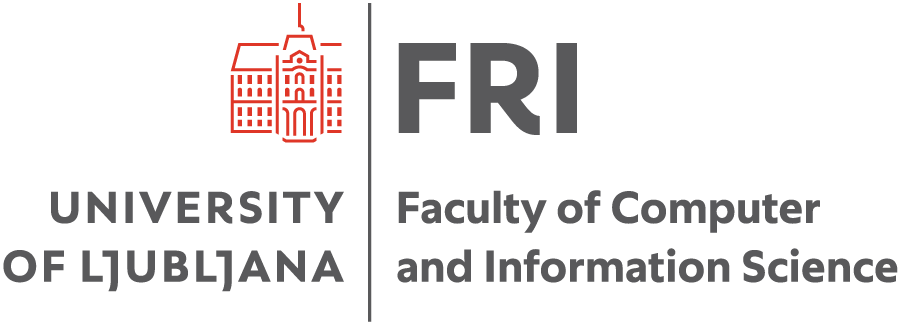- Credits:3
- Semester: winter
- Contents
Physical education
The aim of this course is, through an organized and systematic training influence the students attitude towards sports and raise their awareness of the values in sport, show a healthy lifestyle and active and creative use of leisure time, guide towards an organized form of sport in the university and the wider environment, prevent the effect and the consequences of lack of exercise, develop physical and mental fitness and improve skills in selected individual sports.
Strong emphasis is on practical work where students are offered a choice between different sports (basketball, soccer, volleyball, swimming, outdoor activities - climbing, skiing, cross country skiing).
Specific theoretical contents consist of:
• rules and judging signs,
• rasic features and technical elements, and basic tactics,
• elements of group tactics
Module 1: Education
The content of the education module includes sport disciplines which are provided in different forms and at different levels of difficulty. The module comprises learning and training programmes in the selected sport disciplines , which is provided in a continued form or concentrated forms.
Module 2 (only available as a supplement to Module 1): Competition programme
The competition programme comprise all faculty, university and inter-university, as well as international competitions (European and world university competitions, as well as Universiades) in the selected sport disciplines and constitutes a part of the symbiosis among students, teaching staff and other members of the University with the aim to promote collaboration within faculties and universities. This module is intended for pre-selected students.
Knowledge and understanding:
Sports activities as a foundation for the quality of life.
Application: using the aquired knowledge and skills to compensate for the daily stress during the study improve the quality and performance.
Reflection: using the acquired knowledge and skills to compensate for the daily stress and improve the quality of the professional and family life.
Transferable skills – acquired skills contribute to endurance and physical fittness necessary for study and work.
Learning and tewaching methods:
• lectures within practical work
• practical work,
• group and individual consultations.
Assessment:
Type
Continuing (attendance at training sessions in the selected program, practical demonstration of knowledge and skills)
Final (oral examination and assesment of aquired skills)
Grading: 6-10 positive, negative 1-5
- Study programmes
- Distribution of hours per semester
- Professor

